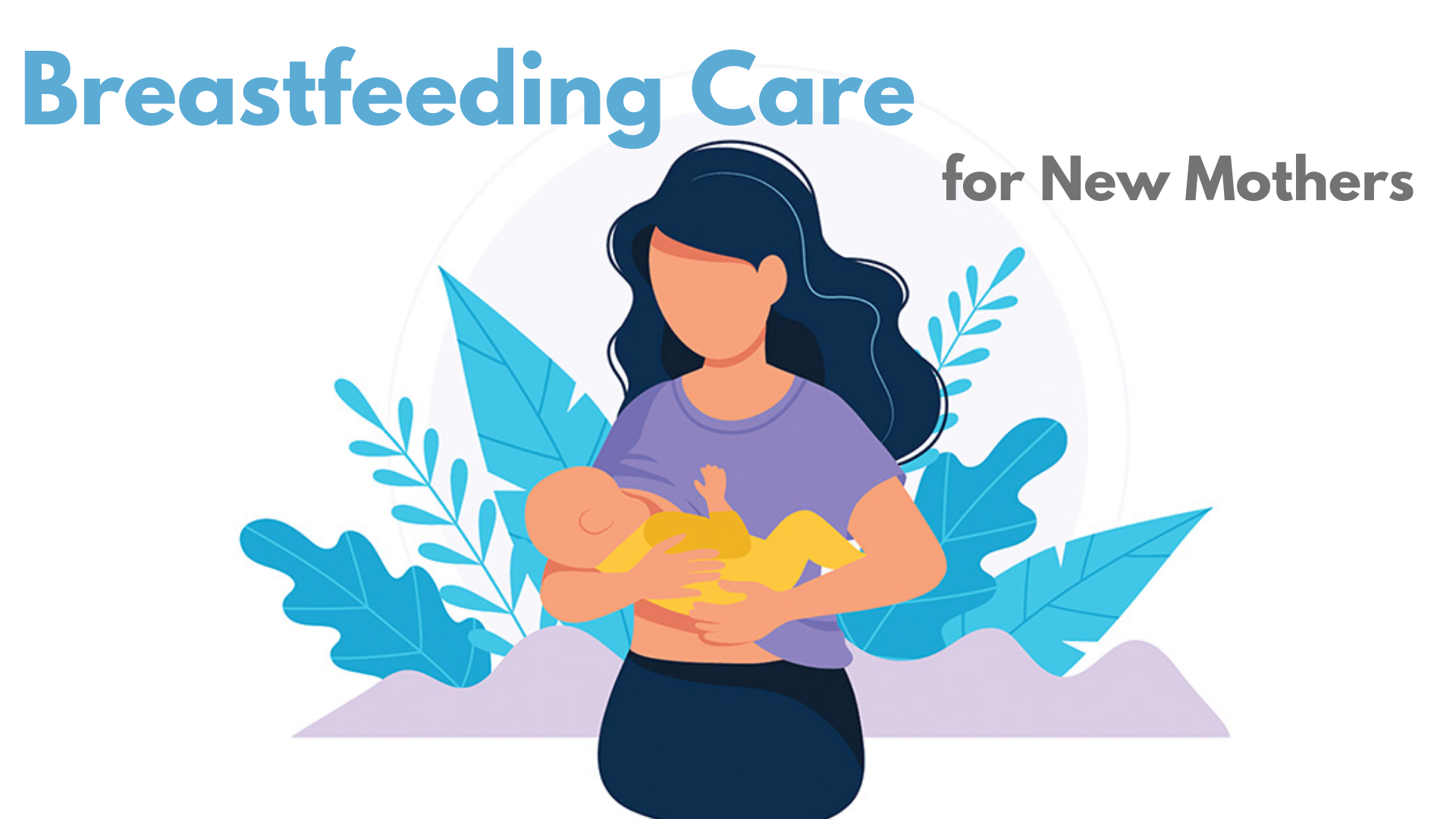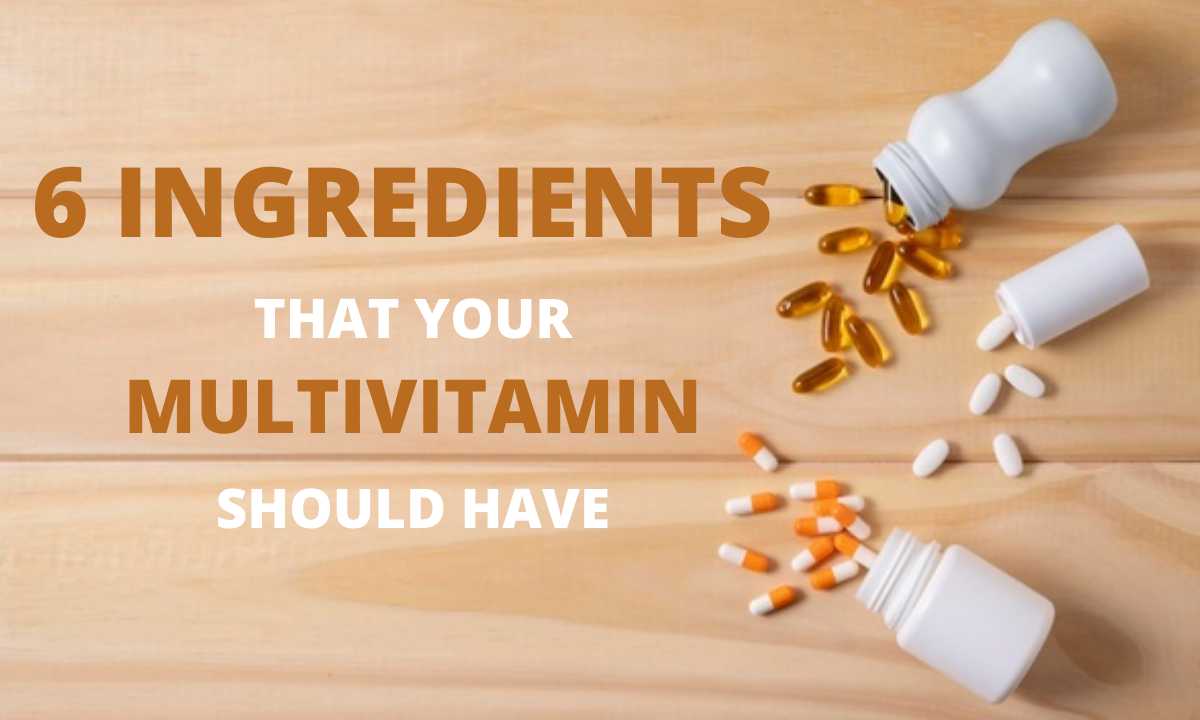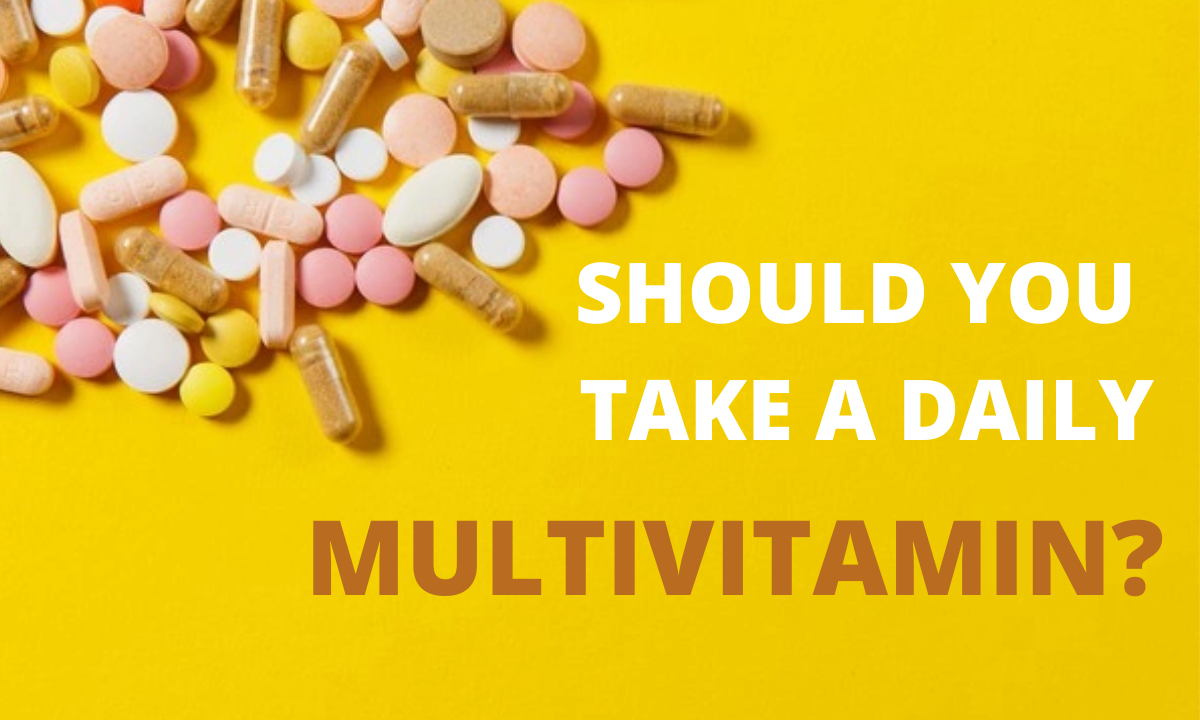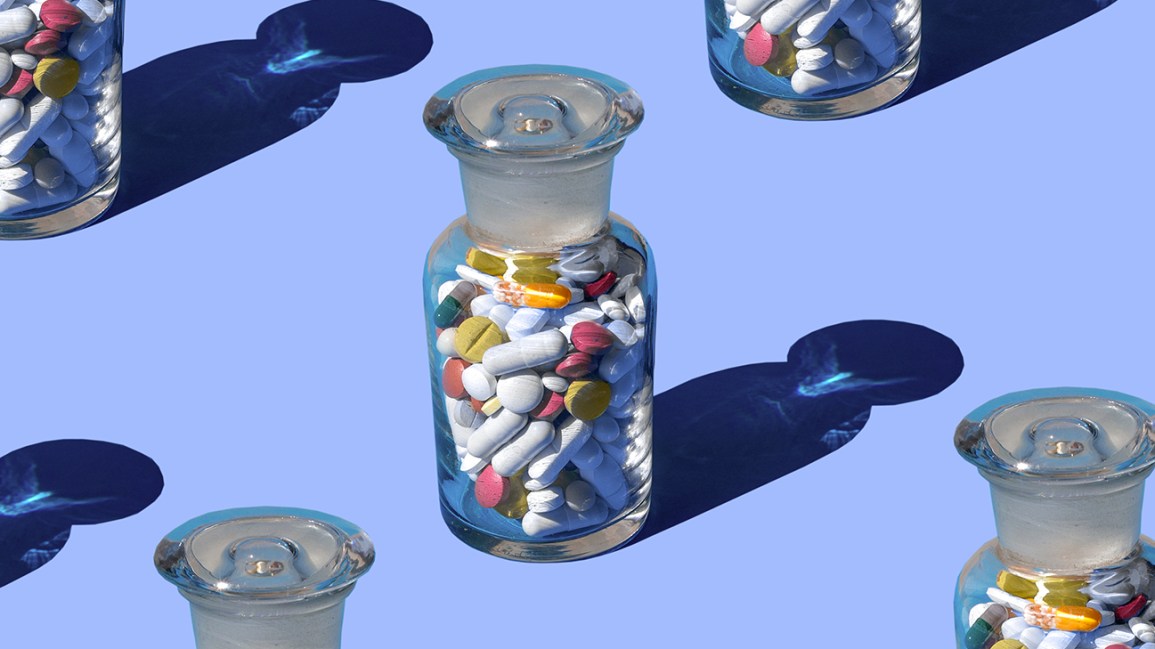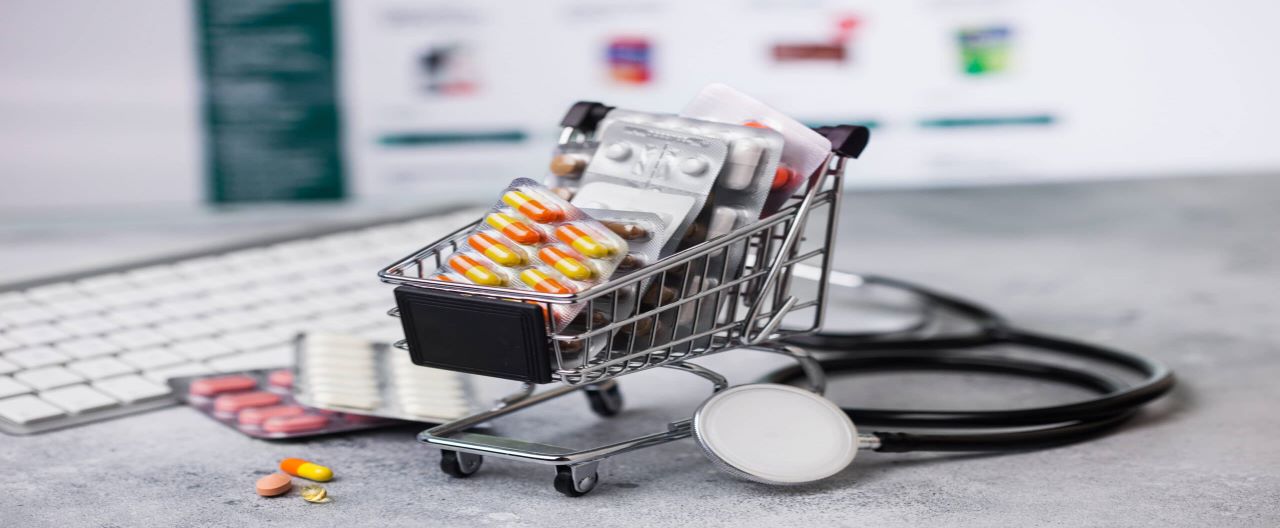What Vitamins Should Women Take Daily
Women's Health | July 23rd | By J.S.Chang, RD
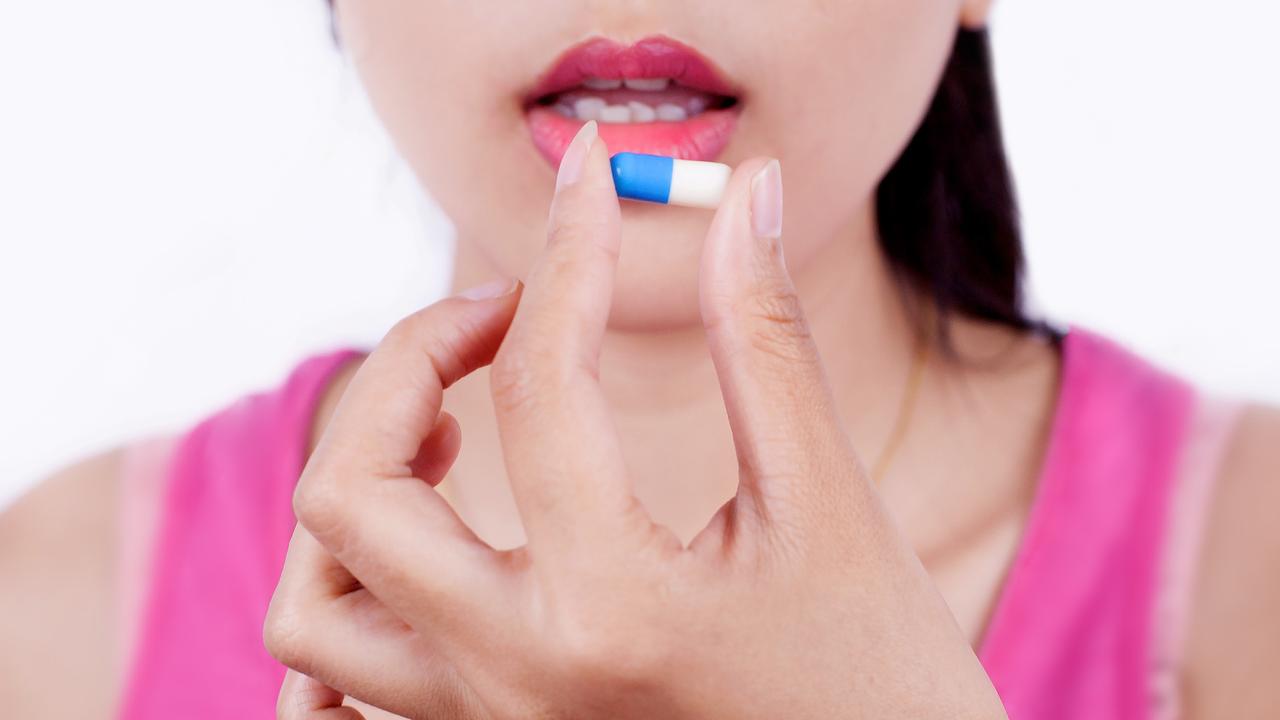
Being a woman is not easy, especially when you have to be a mum and work at the same time while taking care of your health.
You probably know that your body needs its vitamins and nutrients to stay healthy and have either heard or probably tried many of them.
But are the vitamins you take really the vitamins you need? Or are you just following whatever people are taking?
Well lucky for you, we have a list of vitamins and nutrients we think you should be getting every day!
Depending on your situation you may have different amount that you will need, for instance, if you are pregnant or lactating. Always consult your primary healthcare provider if you are in this group and planning to start a regime!
In this article, we will cover the best vitamins that women should take daily:
1. Calcium
2. Vitamin D
3. Iron
4. Folic acid
5. DHA
6. Probiotics
1. Calcium
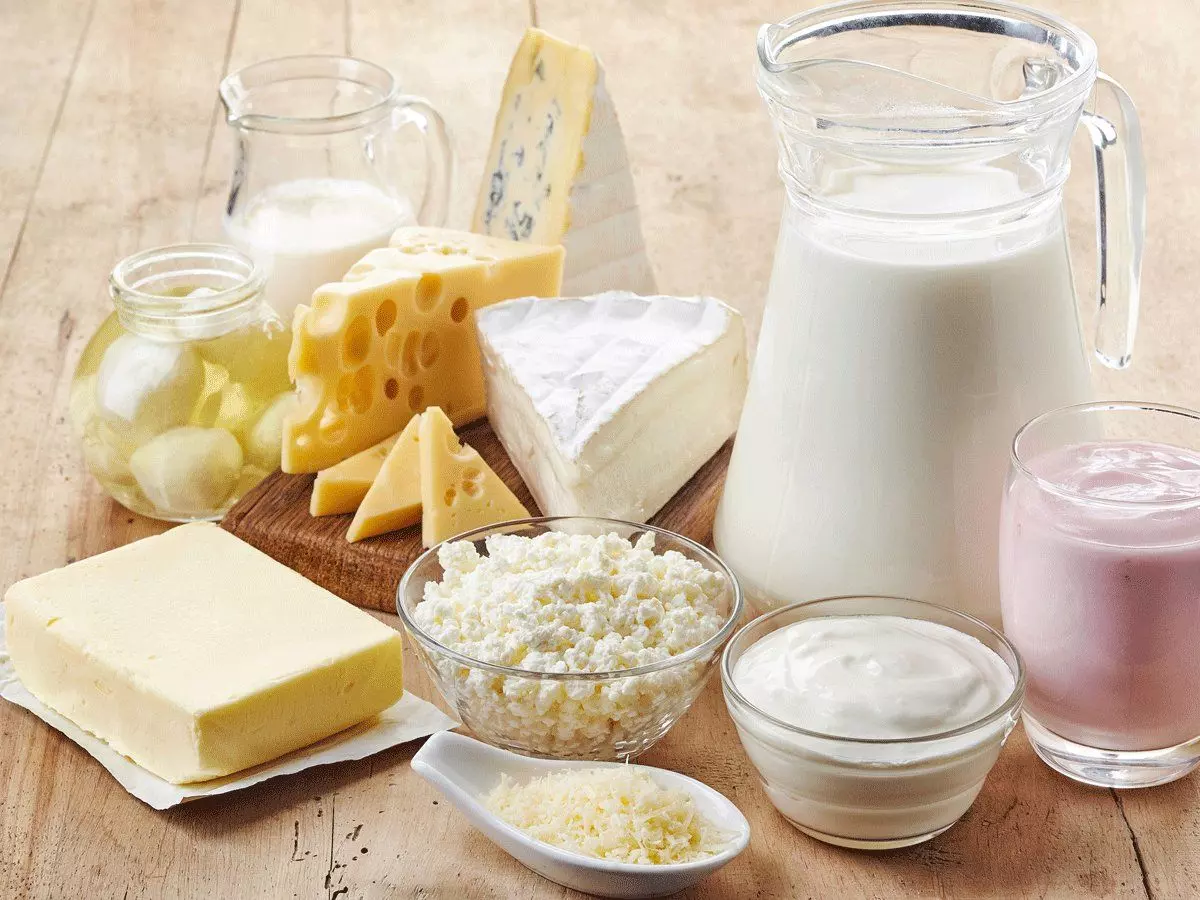
Calcium is one of the major minerals and the major component is our bones, and this is one of the best vitamins we can recommend to women.
The reason is because study shows as women age, they have a higher risk of getting osteoporosis, especially after their menopause, and the risk of getting it is significantly higher than men. One of the main reasons is due to the hormone estrogen, where they start to produce lesser amounts of it which directly results in more difficulty to maintain bone density.
The truth is, women start to lose bone density starting from their mid-twenties. That’s an awful young age to start losing bone mass!
Fortunately, this is something that you can prevent from an early stage, that is by getting enough of them in the first place.
Where to get them: milk, cheese, dairy products, yoghurt
How much:
Adult Male: 1000 mg/day
Adult Female: 1200 mg/day
2. Vitamin D
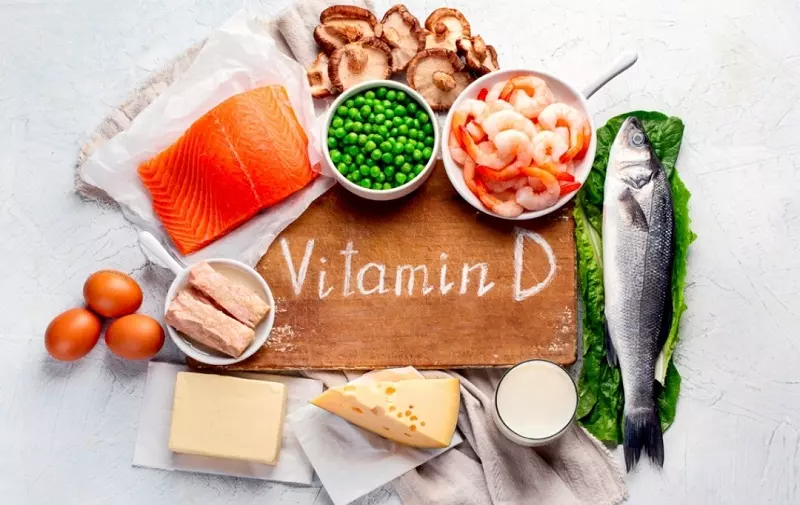
We have covered this special vitamin in one of our previous article on its other function. But over here it plays a crucial role in maintaining our bone health by helping our body absorb the calcium we get from our diet.
Yes, your body are able to synthesize it from basking yourself in the sunlight, but nowadays with the increasing probability of staying indoors, who’s to say that we have gotten the amount we need for the day?
Plus, there could be other reasons that your body does not have enough of the vitamin as well, such as malabsorption of the vitamin itself.
Without vitamin D, bones can become thin and brittle, a condition known as osteomalacia. Calcium and vitamin D is a well-known pair for protecting your bones!
Where to get them: Fatty fish such as salmon and tuna, smaller amounts in cheese, beef and egg yolks
How much:
Adults: 10-15 μg
3. Iron
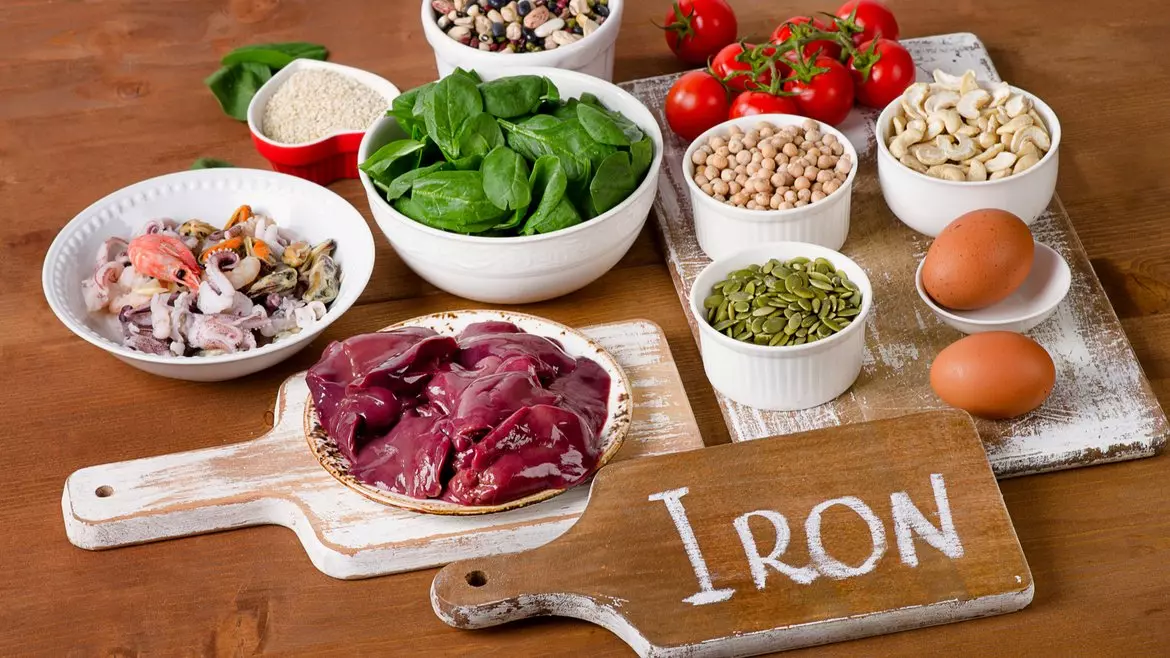
Iron is largely considered a “girl vitamin” due to the fact that iron is easily depleted in females because of menstruation or pregnancy, and often they do not obtain enough iron from their diet.
In this case, iron is responsible for the production of red blood cells, but it also has other important roles in your body, such as carrying oxygen to the whole body, supports a healthy immune system and for a proper cognitive development.
When iron is low in your blood, it may cause anemia because it is one of the main components in red blood cells.
As such, it is particularly important for women who lost their body iron store from periods to take in enough iron or iron-rich foods to replenish their stores.
It is recommended for pregnant woman to start supplementing iron during the second and third trimester to prepare them for the blood loss during laboring Even for a woman who is relatively healthy, WHO has recommended iron as a daily supplementation as part of an intervention for the prevention of anemia and iron deficiency.
Where to get them: Dark green leafy vegetables, red meat, cereals, beans and whole grains.
How much:
Adults: 18 mg
Pregnant: 27 mg
Lactating: May lower to 9 mg
4. Folic acid
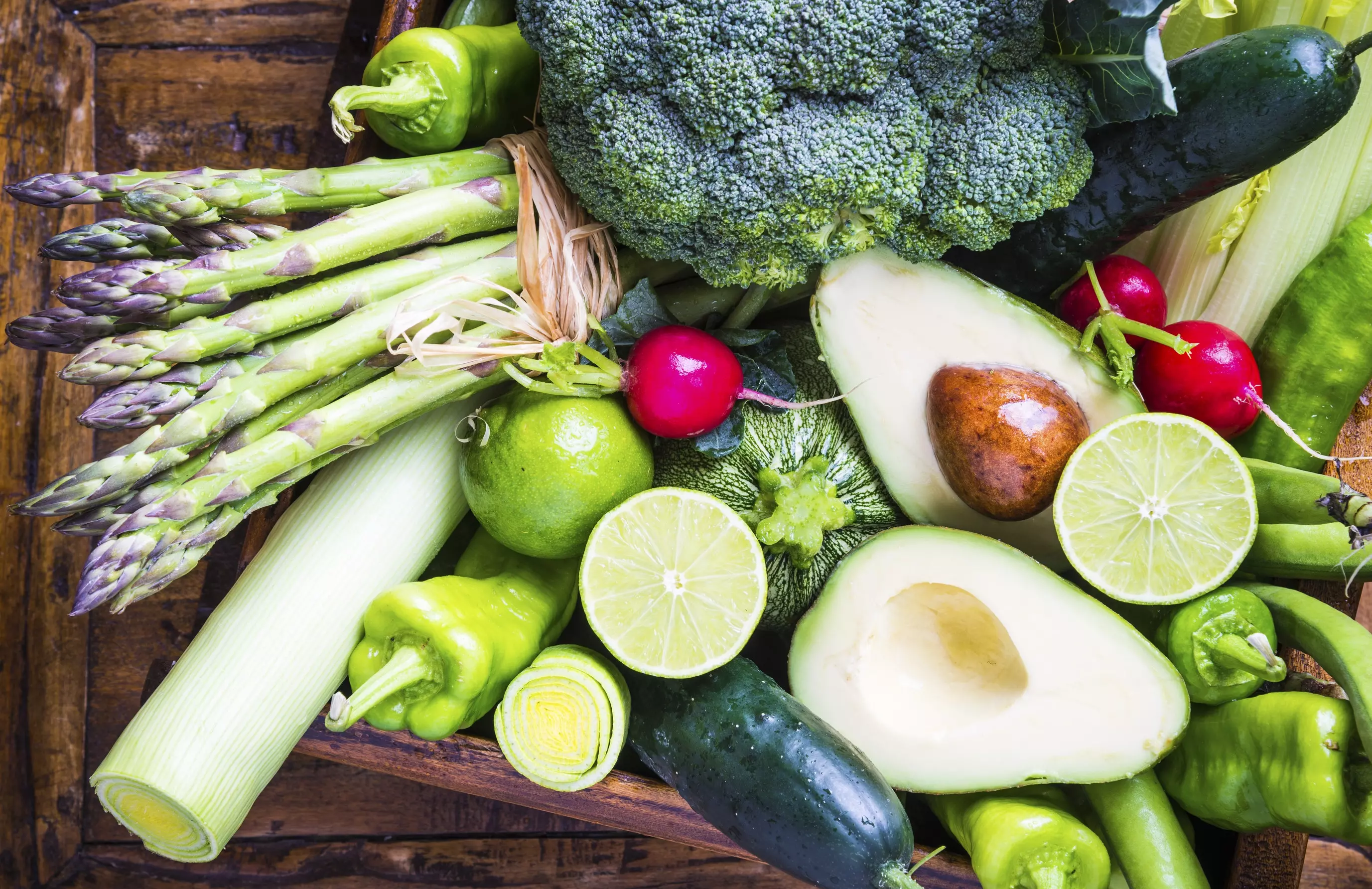
Folic acid, or folate, is one of the water-soluble vitamin B that got its name because of its abundance in leafy vegetables.
We all need folic acid to look healthy, and our cells need it to make DNA which pretty much is responsible for all your bodily function. Without it, new cells can’t be made healthily and there’s where you have a problem.
For woman, especially those who are trying to get pregnant, then folic acid is a must for you!
Folic acid is crucial in preventing a condition called neural tube defect in foetus, such as spina bifida.
It is recommended that those who are trying to conceive to take 400 μg of folic acid before conception and until the first trimester.
Do not worry of your body not needing it and become toxic to your body, whatever your body doesn’t need it will excrete through urine because folic acid is water-soluble.
Where to get them: Leafy green vegetables, beans, fortified foods
How much: 400 μg/day, may be increased to 600 μg/day during pregnancy
5. Omega-3 (DHA)
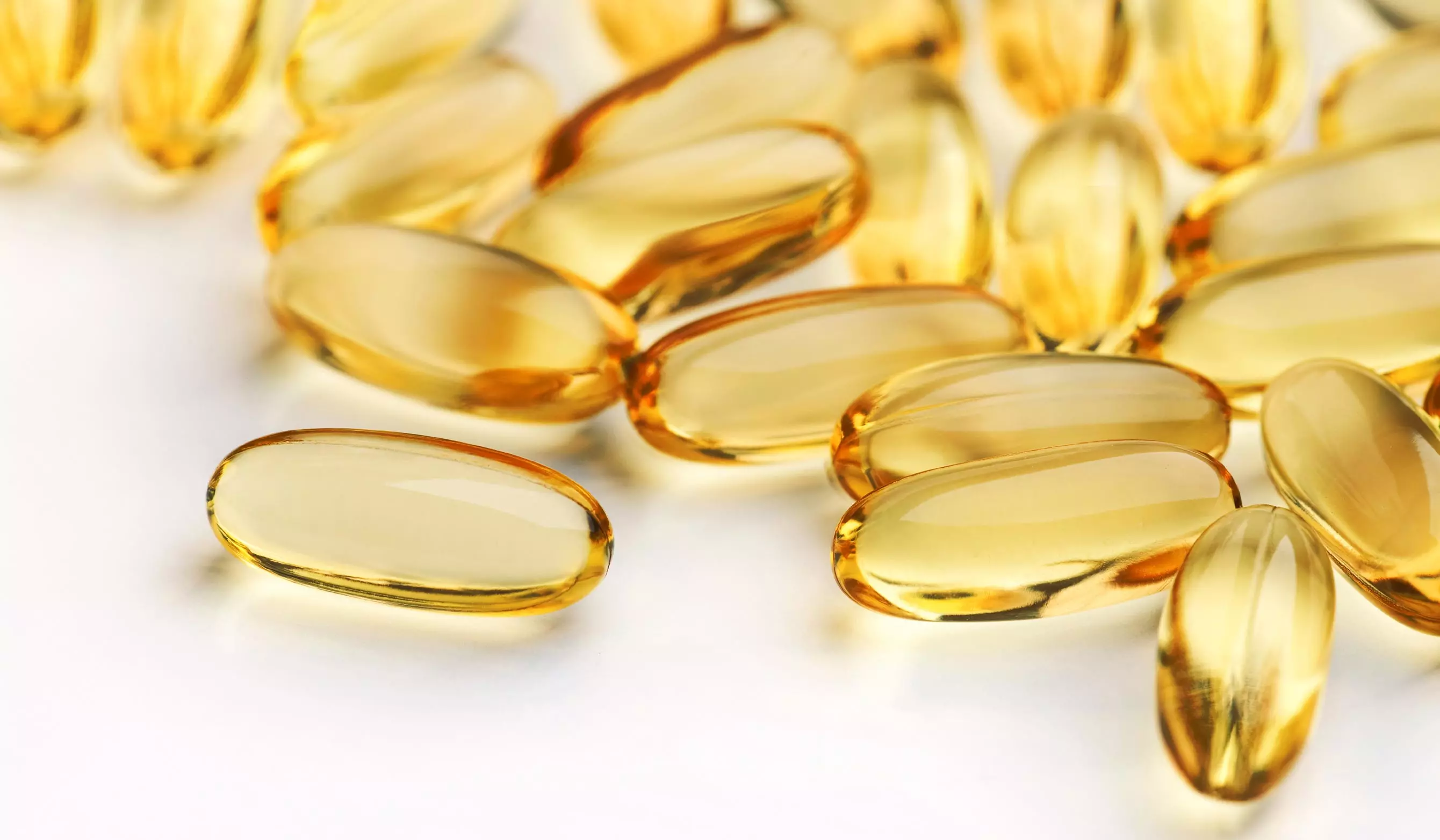
Fish oils have been one of the most notable supplement out there, and for good reason.
Omega-3 are anti-inflammatory fatty acids that help with maintaining a healthy heart and brain. They help with reducing circulating triglycerides and lower a heart disease risk.
So, how does it relate to women health?
It may sound surprising to you but one of the major Omega-3, Docosahexaenoic acid (DHA) could potentially help those who are trying to conceive. It could be due to the fact that DHA delays ovarian aging while improving the quality of eggs in females.
But fertility aside, supplementing with DHA is important for both the mother and foetus to support the development of the baby’s brain, eyes and nervous system during pregnancy.
And like most vitamins, it can’t be synthesized by our body and is an essential fatty acid which we would need to obtain from outer sources.
Plus, Omega-3 is just overall an excellent supplement to take for your general well-being!
Where to get them:
Fatty fish such as salmon, tuna, sardines
Vegetarian sources: Nuts, Flaxseeds, Chia seeds
How much:
1000 mg (combined EPA & DHA)
May increase to 1400 mg (combined EPA & DHA) for pregnant woman
6. Probiotics
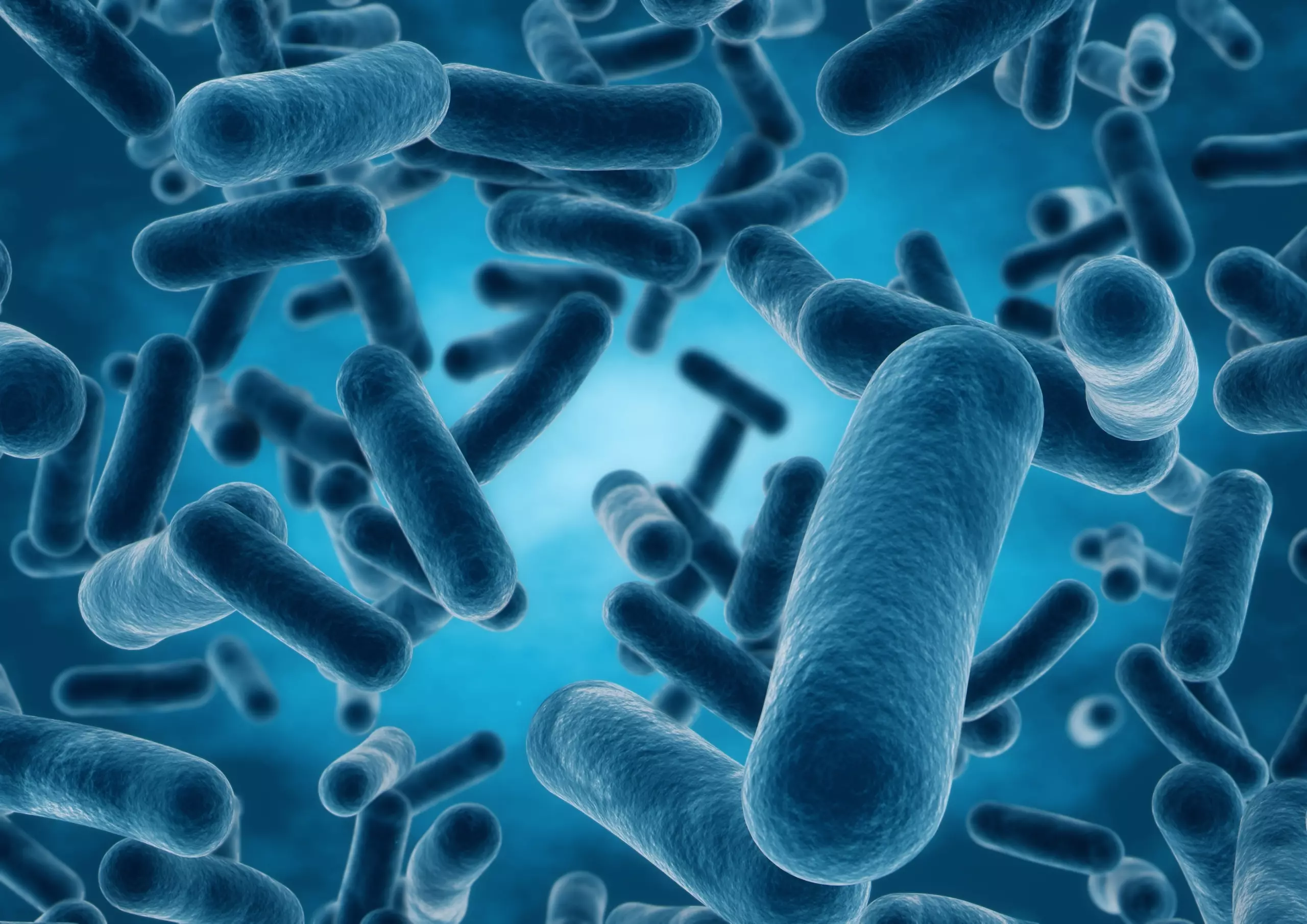
These little guys are among the main residents in your intestine, and an important one.
It promotes gut health by competing space with bad bacteria and lots of research had shown that it can help reduce certain conditions such as irritable bowel syndrome or even diarrhoea caused by unhealthy gut health.
By living in your gut, they form certain regions in your intestine, namely the Peyer’s patch, which is very important to our immune system by providing a medium to recognize any bad bacteria that comes along with what we ate.
It’s practically an immune sensor.
But what we are interested today is the benefit it brings to women health.
Clinical studies had shown that it can be used as a treatment to a number of conditions, such as vaginal infections and urinary tract infections.
You may not know, but in fact, women’s vagina contains almost 50 species of microbes or bacteria, and 1 species in particular, is the most common one found: Lactobacilli.
You may know it to be the predominant species in several yoghurt drinks out there in the market.
Let’s not overlook their importance!
Where to get them:
Fermented foods such as kefir, kombucha, miso and sauerkraut
How much: There is not really an established guideline, but most experts agree that 10- 20 billion colony-forming units (CFU) per day is sufficient for adults
RELATED POSTS
The Best Place To Buy Your Supplements Online, According to a Dietitian
Read Article
-04.webp)

